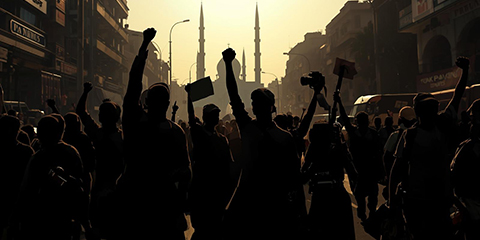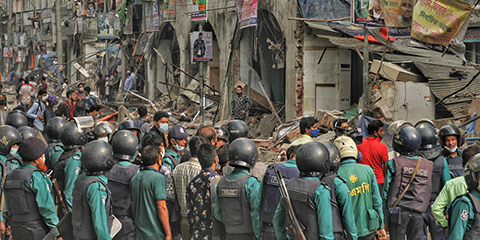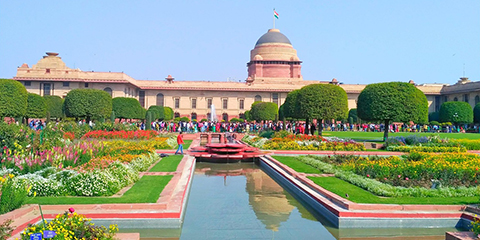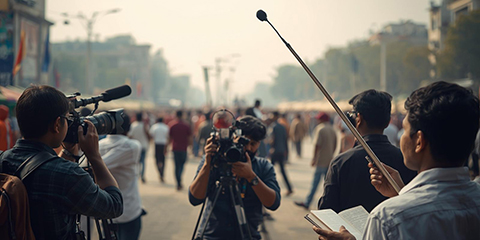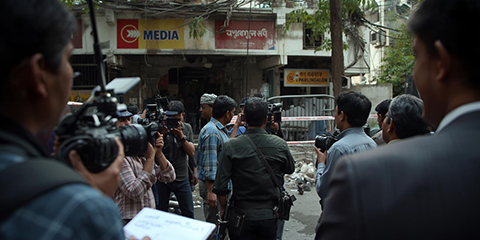Singapore's new privacy laws impact media operations
JournalismPakistan.com | Published last year
Join our WhatsApp channel
SINGAPORE—Singapore’s newly enacted privacy laws are set to have a profound impact on media operations in the country. The Personal Data Protection (Amendment) Act 2024 introduces stricter regulations on data collection, usage, and storage, aiming to protect consumers’ privacy rights in the digital age.
Media organizations must now implement more robust data protection measures and obtain explicit consent from users before collecting personal information. The new legislation is expected to challenge existing media practices, prompting a shift towards more transparent and secure data handling procedures.
The amended act outlines several key provisions that media companies must adhere to, including the need for comprehensive data protection policies and the appointment of data protection officers to oversee compliance. These officers will be responsible for ensuring that all data handling processes align with the new regulatory standards and that any data breaches are promptly reported to the relevant authorities and affected individuals.
In addition to these measures, the law mandates regular data protection impact assessments for any new projects or technologies that involve personal data processing. This proactive approach is designed to identify potential risks and implement mitigation strategies before any issues arise, thereby enhancing the overall security framework.
The enforcement of these regulations is supported by the introduction of significant fines and penalties for non-compliance. Companies found to be in violation of the data protection laws can face substantial financial penalties, which serves as a strong deterrent against lax data handling practices. This aspect of the law is intended to underscore the importance of data privacy and the serious consequences of failing to protect user information.
Furthermore, the Personal Data Protection (Amendment) Act 2024 encourages a culture of accountability and transparency within media organizations. By requiring clear communication with users about how their data is collected, used, and stored, the law aims to build greater trust between consumers and media entities. Users are granted enhanced rights to access their personal data and request corrections or deletions, empowering them to take control of their information.
As media companies adapt to these new regulations, they are expected to invest in advanced cybersecurity technologies and staff training programs to ensure compliance. These efforts will not only help them meet legal requirements but also improve their overall data governance and resilience against cyber threats.
The enactment of Singapore’s updated privacy laws reflects a broader global trend towards stricter data protection standards, as governments worldwide respond to increasing concerns about digital privacy. The changes are anticipated to influence regulatory approaches in other countries, particularly within Asia, as nations look to Singapore as a model for balancing innovation with robust data protection.




